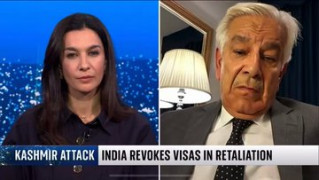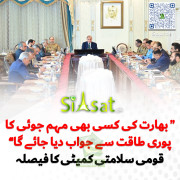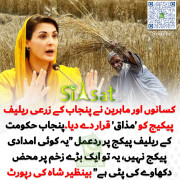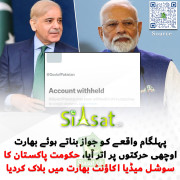Researcher
MPA (400+ posts)
[HI]Please do not claim, and share something beautiful as Hadees-e-Qudsi, when it is not[/HI]. These verses are widely shared in Urdu, and it is NOT part of any Hadees-e-Qudsi. You even find them plastered in Shops [falsely claiming it as Hadees-e-Qudsi; Words of ALLAH narrated by Hazrat Muhammad S.A.W.W)
[HI]These beautiful verses are not Hadees-e-Qudsi.
Aye ibn e Adam
Aik Meri chahat hai
Aik teri chahat hai[/HI]
Hoga to wohi jo Meri chahat hai
Pas agar to ne supard kardiya apnay aap ko us, ke, jo Meri chahat hai
To woh bhi tujhe de doon ga jo teri chahat hai
Agar to ne mukhalifat ki us ki jo Meri chahat hai
To Mien thaka doonga tujhe us mien jo teri chahat hai
Phir wohi hoga jo Meri chahat hai
[HI]These beautiful verses are not Hadees-e-Qudsi.
Aye ibn e Adam
Aik Meri chahat hai
Aik teri chahat hai[/HI]
Hoga to wohi jo Meri chahat hai
Pas agar to ne supard kardiya apnay aap ko us, ke, jo Meri chahat hai
To woh bhi tujhe de doon ga jo teri chahat hai
Agar to ne mukhalifat ki us ki jo Meri chahat hai
To Mien thaka doonga tujhe us mien jo teri chahat hai
Phir wohi hoga jo Meri chahat hai
- [HI]There are 40 Hadees-e-Qudsi[/HI]. You can read them all, as above verses are not part of it. [ http://islamworld.net/docs/40.html ] or [ http://www.qurango.com/qudsi.html ]
- First time, above beautiful poetry was part of Jawad Ahmad's 'Hammad' -- Allah Dil Kay Andher. Listen to Jawad Ahmad's first 30 seconds carefully:
"[HI]The passage that follows in not from any holy scripture [/HI]but i do believe that it tallys with the teachings regarding faith and will... Aye ibn e Adam Aik Meri chahat hai ...."
Thank you to following few people sharing it on forums:
References:
- Islamic reference: 40 Hadees-e-Qudsi: http://islamworld.net/docs/40.html
- Altrenative link: http://www.qurango.com/qudsi.html
- http://www.islamic-life.com/forums/...h/al-hadith-qudsi-prophet-adam-allah-tala-126
- http://www.paklinks.com/gs/gupshup-cafe/164651-allah-ki-chahat.html (discussing back in 2004
- Nauman Ahmad [part of Introduction: http://naumankhan.itgo.com/book.htm ]
Lastly, i will definitely thank to a dear student of mine for mentioning it on a Facebook post regarding last Fake Alert (http://www.siasat.pk/forum/showthre...oh-acha-hua-Not-from-Holy-QURAN-but-Gita-Saar ) that it is not Hadees-e-Qudsi. I looked into it, and found the above eye-opening information.
@BuTurabi @tariisb @maksyed @Lawangeen @Raaz
Last edited:































